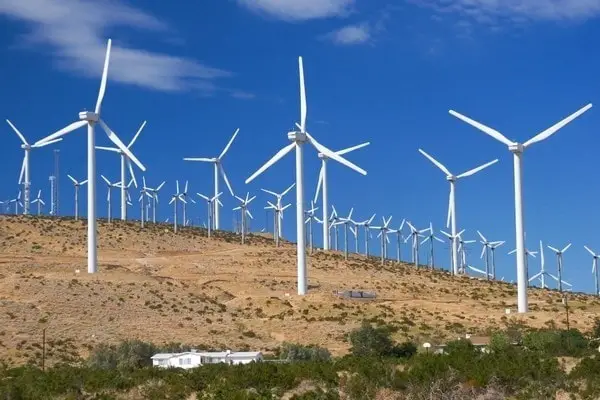A 60MW wind power farm has been launched in the Ghoubet area, near Lake Assal in Djibouti. Development of the project kicked-off in 2017; by Africa Finance Corporation (AFC), Climate Fund Managers (CFM), as manager to Climate Investor One’s (CIO) Construction Equity Fund, FMO (together “the Consortium”) and local developer Great Horn Investment Holdings (GHIH).
Institutional expertise of individual Consortium members played a defining role in the Project’s development. AFC, being an experienced developer and financier of infrastructure and renewable energy projects, took the lead developer and project manager role. CFM, a finance fund manager, took the co-developer and the technical lead role due to their financing and technical expertise, while FMO has been responsible for Insurance and Environmental, Social and Governance (ESG). GHIH provided local support in terms of engagement with the Government.
The project which is expected to have its commercial operations start in 2022, is owned and operated by Red Sea Power Limited SAS, a Djibouti-based limited liability company.
Also Read: South Africa approves construction of Boulders wind project
Managing the reliance of Heavy Fuel Oil (HFO) in Djibouti
According to Samaila Zubairu, President and CEO at AFC, renewable energy is a key focus within the fund’s investment strategy, and the project will not only be a unique opportunity within its portfolio but will also have a significant impact on Djibouti’s energy generation, managing their reliance on Heavy Fuel Oil (HFO).
“We are very pleased with this opportunity to be the lead developer and investor, alongside our co-investors FMO and CIO, as we use our experience from the Cabeolica wind farm project, which has been operational for six years,” he said. On the other hand, Jaap Reinking, Director Private Equity of FMO, commented that, the investment in Djibouti Wind is a perfect fit with FMO’s strategy because of its contribution to the company’s impact and CO2-reduction goals.
“The project will significantly reduce GHG emissions in the HFO dominated (90%) electricity sector of Djibouti,” he affirmed. The east African country aims to transition towards 100% renewable energy-based electricity production and reduce its emissions by 40% by 2030.

Leave a Reply